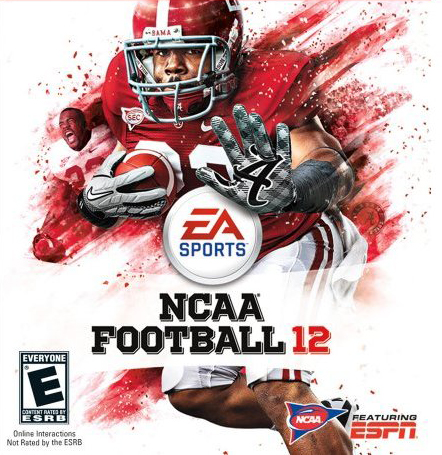When
thinking of your business and working within the entertainment field one day,
it is more than a good idea to seek some sort of legal advice to help you get
on the right track. I conducted an impromptu survey amongst some colleagues and
friends on how they would go about acquiring said advice for a business within
the entertainment industry. Most said right off the bat to hire an attorney; only
a few were more specific with their suggestion to seek advice from an
entertainment lawyer. Although they are both correct in a way, since at least
some advice is definitely better than no advice, there are also other routes
every day people do not think of. Other sources of information for aspiring
entrepreneurs within the entertainment industry may come in the form of trade
journals, professional blogs, and even podcasts.
With
this post I would like to tackle on how researching through podcasts can prove
to be beneficial for entertainment entrepreneurs everywhere. There are plenty
of places one can go to search for podcasts and recordings of conversations
that have to do with law, such as iTunes or Google Play. You can also do a more
refined search and find specialty sites that cater solely to entertainment law,
such as the one I went to, called Entertainment Law Update Podcast.
For instance, Gordon Firemark and Tamara Bennett talk about in Episode 22 of
their podcast about the importance of having proper documentation when hiring
someone to do work for
hire. This specific topic would probably best benefit all of the aspiring
musicians within our crowd, because they start to dissect the Rebecca Black
versus Ark Music incident revolving around the infamous Friday music video. Following the work for hire topic they spoke
about obscenity in media and how it affects video games and other mediums such
as film. It is very interesting to hear their thoughts on how the US Supreme
Court separates a parent’s responsibility for their child and the notion that
the government should take that role instead. For me, as a future video game
developer, I find this topic interesting because it tells me that a game we
produce labeled content Mature for 17 year olds and up may not suffer in sales
because retailers will physically have to ID their shoppers. In my opinion I do
feel parents should make more of an effort there to curb their child’s
activities should they not wish for them to see certain things.
 |
| http://www.entertainmentlawupdate.com |
In Episode
28 of the Entertainment Law Update Podcast, they touch upon the incident we
spoke about in our last post about Electronic Arts and Textron Helicopters and
their trade dress infringement. This case has ramifications outside of just
video games, as Gordon explains if Textron wins the battle then filmmakers may
even need to acquire licenses from companies just have their vehicles shown
within films. As an entrepreneur and aspiring video game developer I would be
pretty difficult for my company, or any other company even, to make a game
based off of real world scenarios and be forced to create made up vehicles that
are not real so as to not infringe on any trade mark or design. It sounds
silly, because then the moment a team comes up with their own made-up design
for a vehicle, that game automatically looses its realistic feel to it. At the
end of the podcast they make the difference between the EA case and a case
between Batman and custom-car manufacturer. For the lay entrepreneur this
podcast is a perfect go to learn a little more about copyright law and its
limitations.
In Episode
32 they continue the copyright and trademark talk with other examples such
as the Lady Gaga as a cosmetic trademark dispute. Here we see what happens when
a trademark that exists in one industry collides with a different trademark
with a similar name in another. The best advice would be to do your research
beforehand and look into every possible avenue you may decide to take your
brand into whether in the immediate future or not. But, in all honesty, who can
really account and preplan how successful a brand or trademark may be. As game
developer I hope that in the future when my company releases a game it becomes
a hit and we can build a franchise around it, but in reality this is never a
given. It is only natural that I am not going to start to register trademarks
in the name of the video game in other industries like clothing or cosmetics
even. In Lady Gaga’s case she has perfumes and cosmetics that compete directly
with the Gaga Pure Platinum Company that was establish in 2000. Like I said, I
do not think one can ever prepare for this sort of incident, but one can be
prepared for how act and go about finding a solution towards a problem.
There
will always be a point in a situation when we may be faced to seek physical legal
counsel or representation. But for everyday research or to just learn more
about the legal side of your industry you always have other options to turn to.
Everyone that reads this may find themselves in different entertainment fields
than I do, but that does not mean a lot of our legal issues are mutually
exclusive. Podcasts such as that of the Entertainment Law Update and others out
there can help us grow as leaders and entrepreneurs seeking to make our
companies the best that it can possibly be. If any of you out there know of
other resources our readers can look into, please share their links or
information. As always, we would like to hear what your thoughts are and how
this topic law applies to your field and industry.


